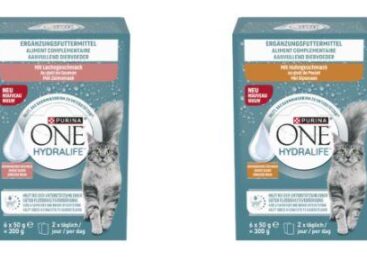The city of Bük, one of Hungary’s most popular domestic tourist destinations, will be dog-friendly
The well-loved spa town is turning into a real paradise for dogs after Nestlé Hungária’s PURINA branch launched a program called “Dog-friendly Bük” in collaboration with the town’s management and local entrepreneurs.

The rise of pets in tourism is a trend that can be observed in Hungary and globally. More and more people are deciding to go on vacation with their dog, which undoubtedly plays a role in the fact that the majority of people see their pets as members of the family, as confirmed by a representative research conducted by Nestlé PURINA in April 2020.
“Pets also play an active role in the relaxation of the owners, which is why we decided to try to make the lives of the owners and their dogs coming to Bük easier and more meaningful”
– explains Arthur van Raalte, Nestlé PURINA’s factory manager in Bük, who adds: this is particularly relevant because the town of 3,500 people, home to PURINA’s cat and dog food manufacturing plant and best known for its spas, lags behind Hungary in terms of guest nights spent in commercial accommodation. from the podium.
Related news
KitKat F1 car icon
🎧 Hallgasd a cikket: Lejátszás Szünet Folytatás Leállítás Nyelv: Auto…
Read more >PURINA ONE HYDRALIFE
🎧 Hallgasd a cikket: Lejátszás Szünet Folytatás Leállítás Nyelv: Auto…
Read more >Related news
(HU) METRO Gasztro Fesztivál a SIRHA Budapesten – Élmény, inspiráció és valódi megoldások a HoReCa-szakmának
🎧 Hallgasd a cikket: Lejátszás Szünet Folytatás Leállítás Nyelv: Auto…
Read more >Fidelity: What awaits China in the Year of the Horse?
🎧 Hallgasd a cikket: Lejátszás Szünet Folytatás Leállítás Nyelv: Auto…
Read more >








